Facebook was all about the big picture at its annual F8 developers’ conference this year.
In a wide-ranging keynote April 12, CEO Mark Zuckerberg laid out the company’s 10-year plan to “Give everyone the power to share anything with anyone.” To do so, Facebook plans to move far beyond its original role as a social network. The firm aims to launch new virtual reality projects, beam Internet across the world using drones and unleash complex artificial-intelligence bots that can fulfill our every digital need.
Before all that can happen, Facebook has to deal with the here and now of improving its current products. On that front, the company made several announcements that will reshape the way people and brands use Facebook and its constellation of apps this year.
Here’s a breakdown of Facebook’s biggest F8 announcements.
Messaging Bots
For the second straight year, Facebook put Messenger front and center at F8. The company released tools to help developers build bots that can hold automated conversations with people within the popular chat app. The early bots can handle a variety of basic functions, from delivering news to offering a weather forecast to acting as a shopping assistant.
However, our testing showed that many of the bots were poorly equipped to handle even basic queries. CNN’s bot responded to a request for news about the Panama Papers with a shrug emoji. The shopping app Shop Spring took several minutes to text back an image of black shoes when prompted. A basic natural-language question like “What’s the weather right now?” stumped Poncho, a conversational bot acting as a weather service.
Facebook may be able to improve its bots by helping developers graduate from basic coding tools to a more powerful set known as the Bot Engine, which uses machine learning to improve bots as they’re asked to handle more complex tasks. The same code powering the Bot Engine is being used in Facebook’s text-based AI concierge, dubbed M.
360-Degree Camera
Facebook will release a design and software code for a 360-degree camera system this summer. It’s a move to help generate more content for the Facebook-owned Oculus VR virtual reality firm. The setup includes 17 cameras, including 14 bolted together in a horizontal ring, a fish-eye lens on top and two more cameras on the bottom. Special stitching software allows the cameras to generate stereoscopic 360-degree panoramas.
Facebook isn’t selling a version of the camera, but instead hoping the open-source nature of the project will encourage others to build their own rigs.
Around the World With Facebook
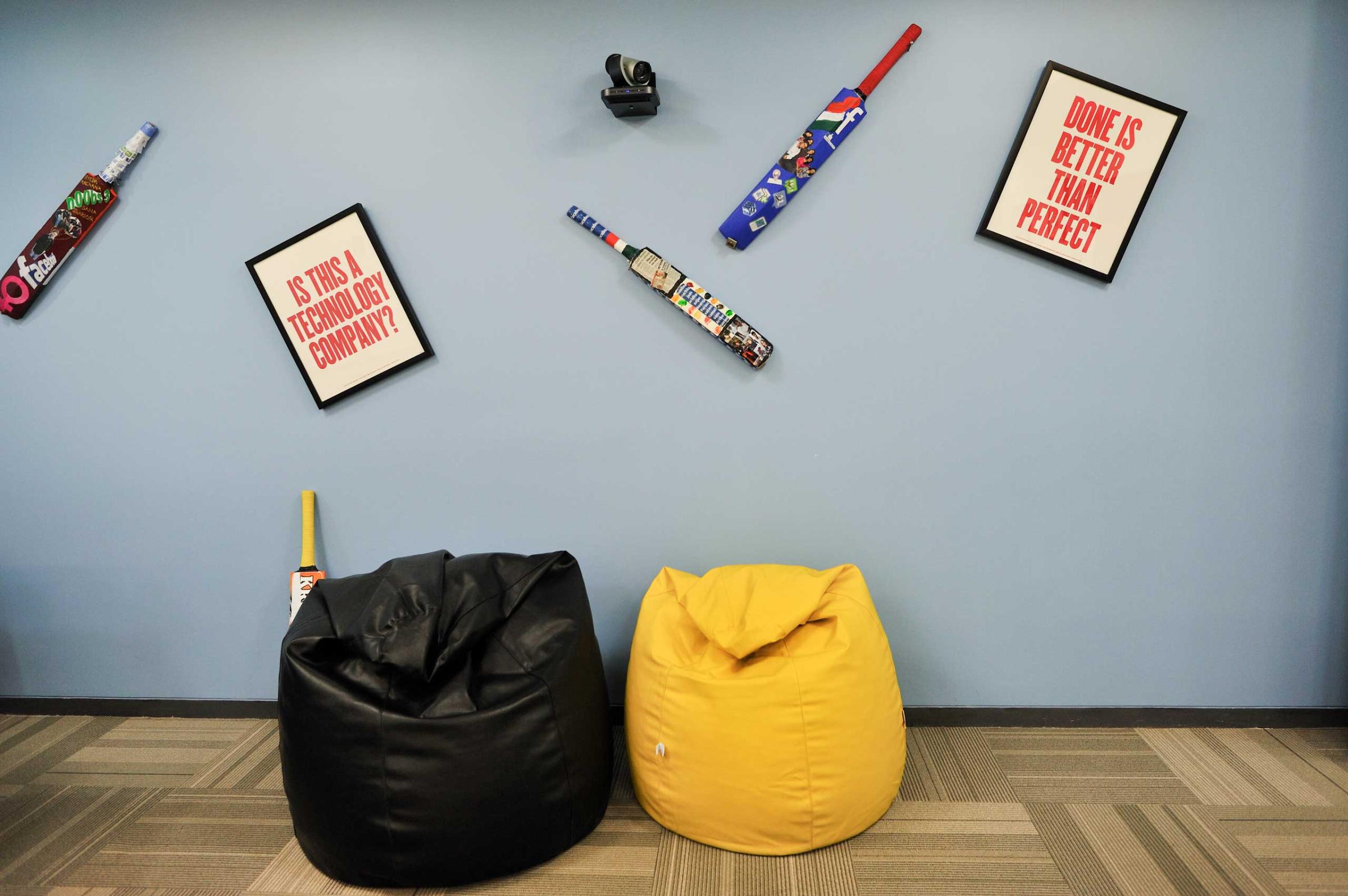
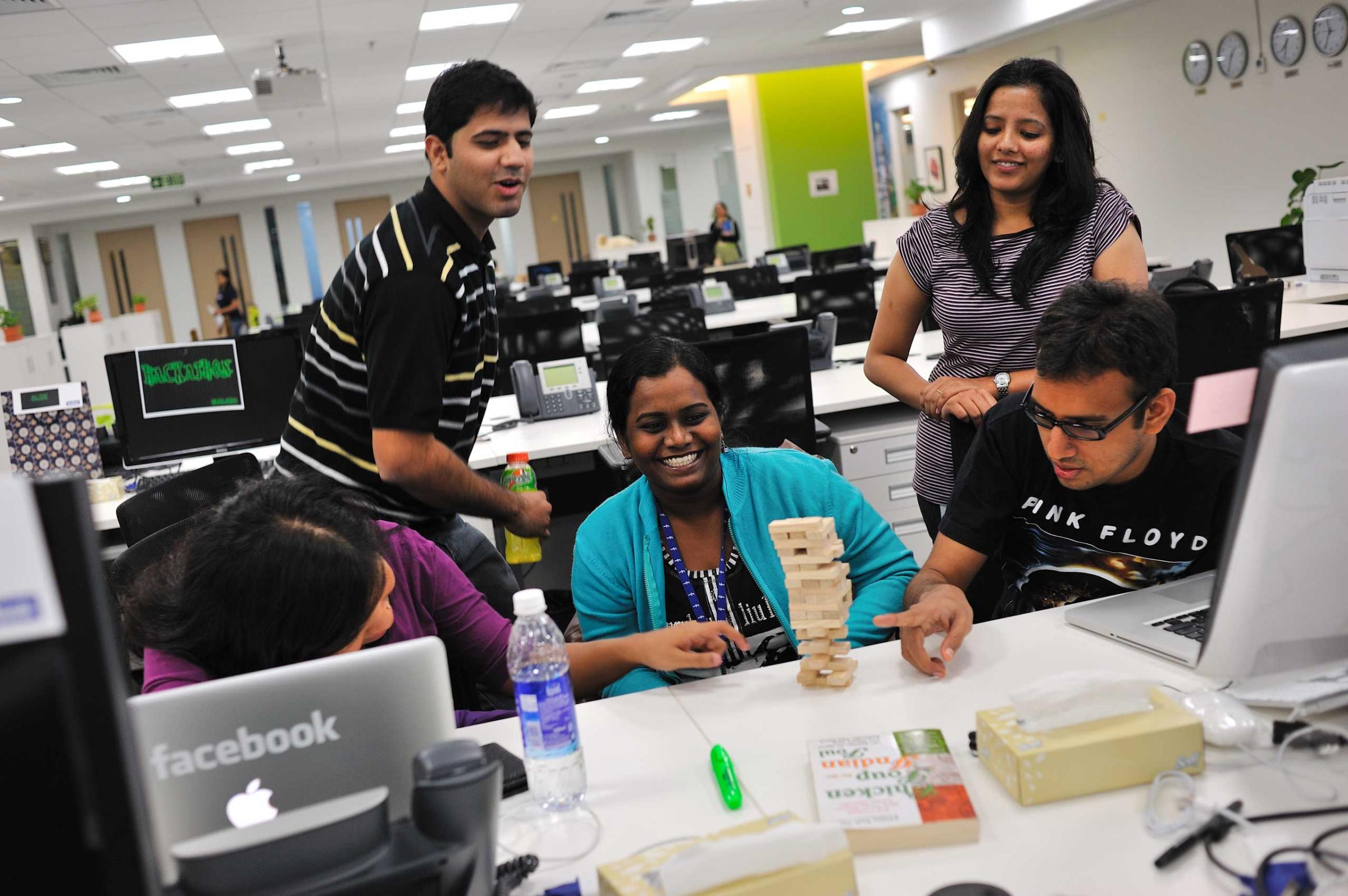

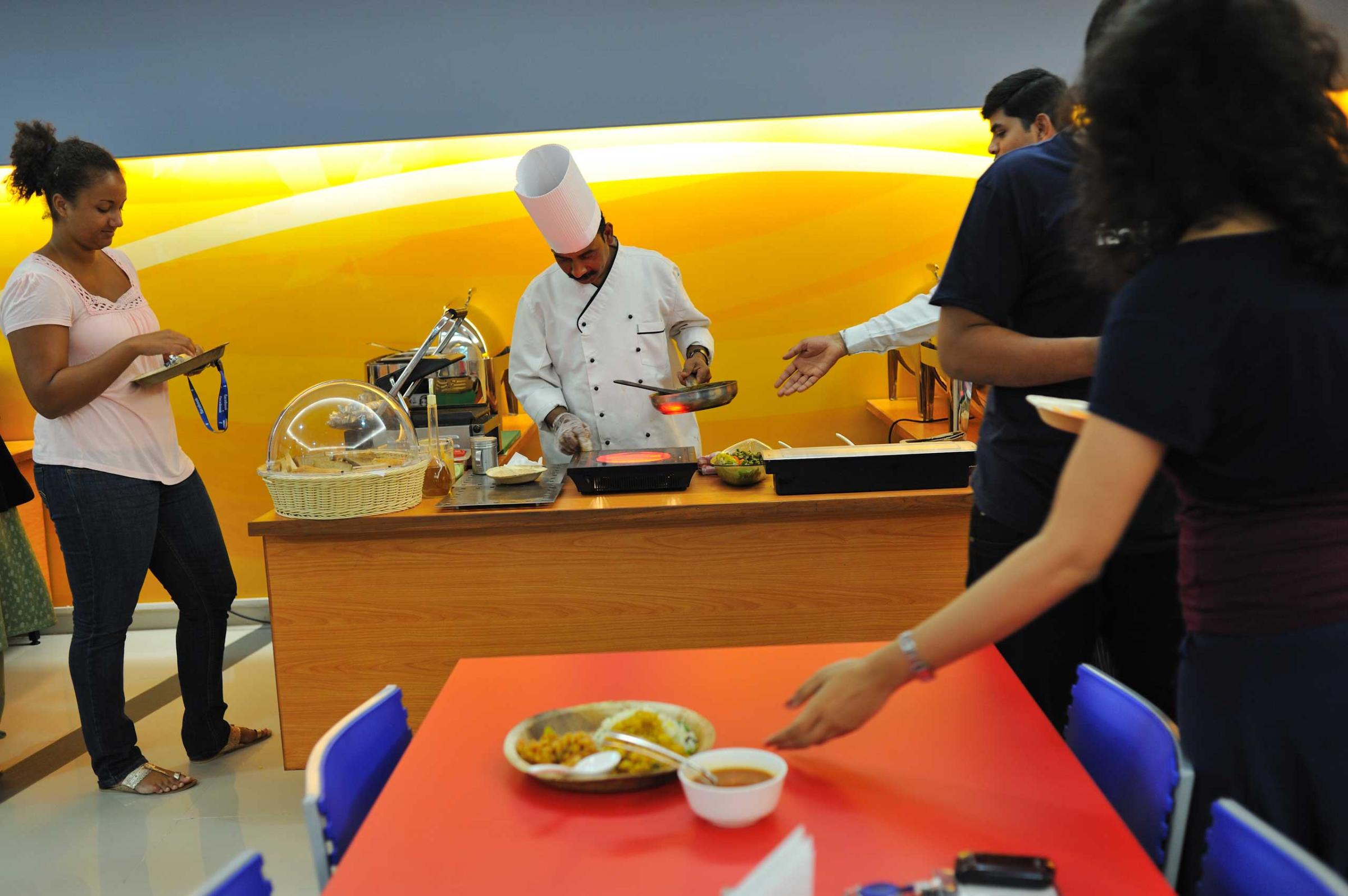

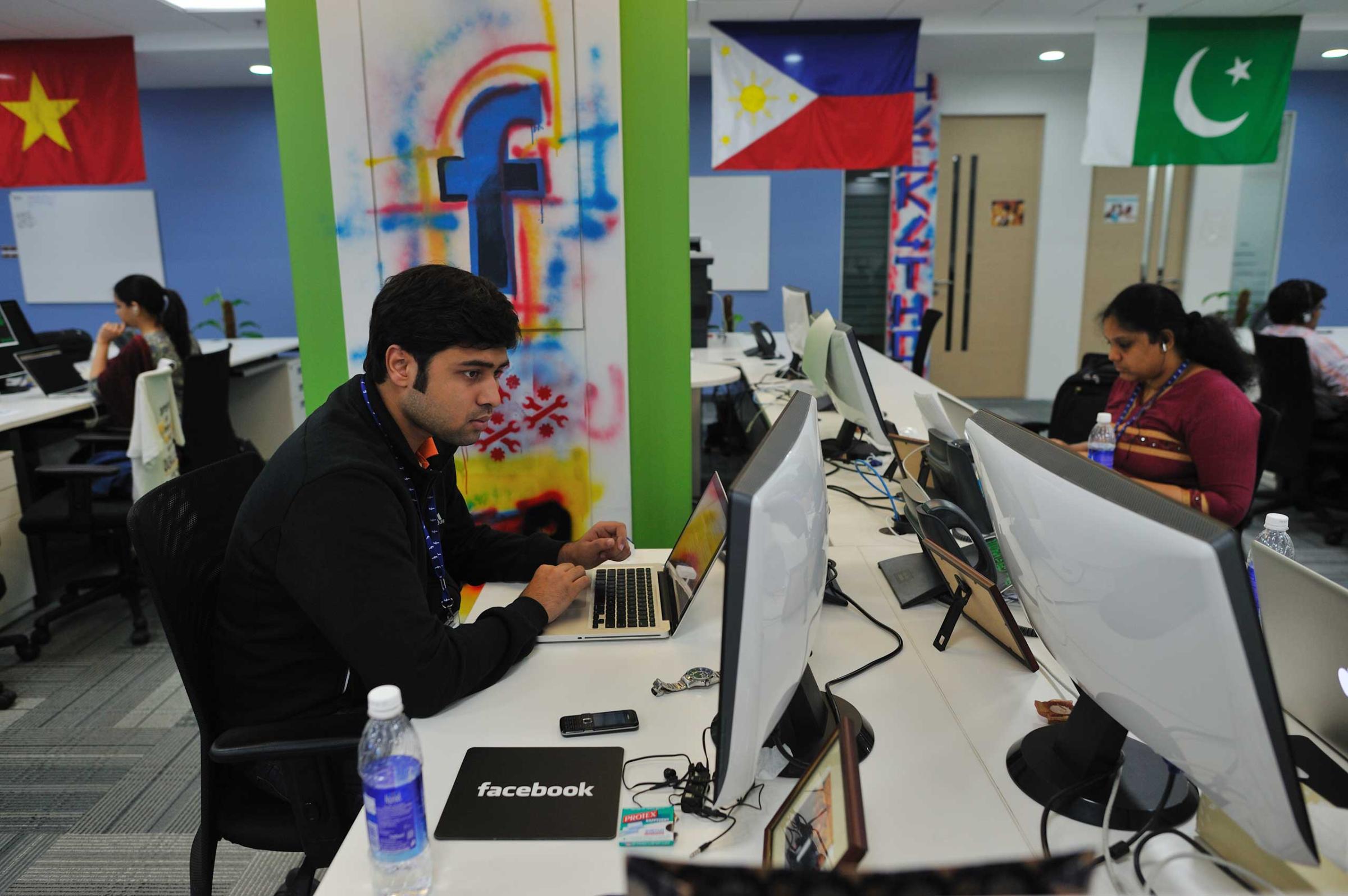
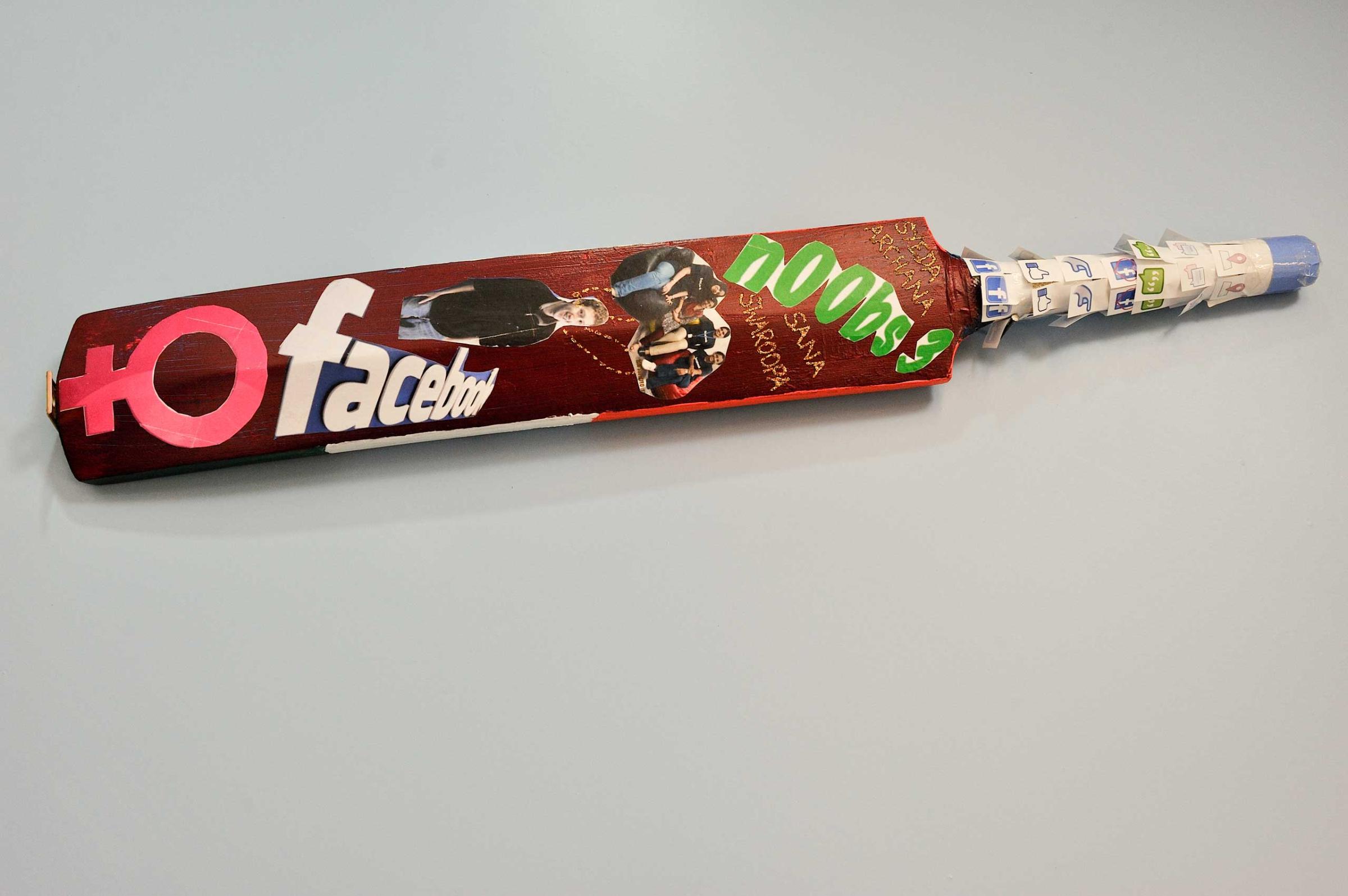
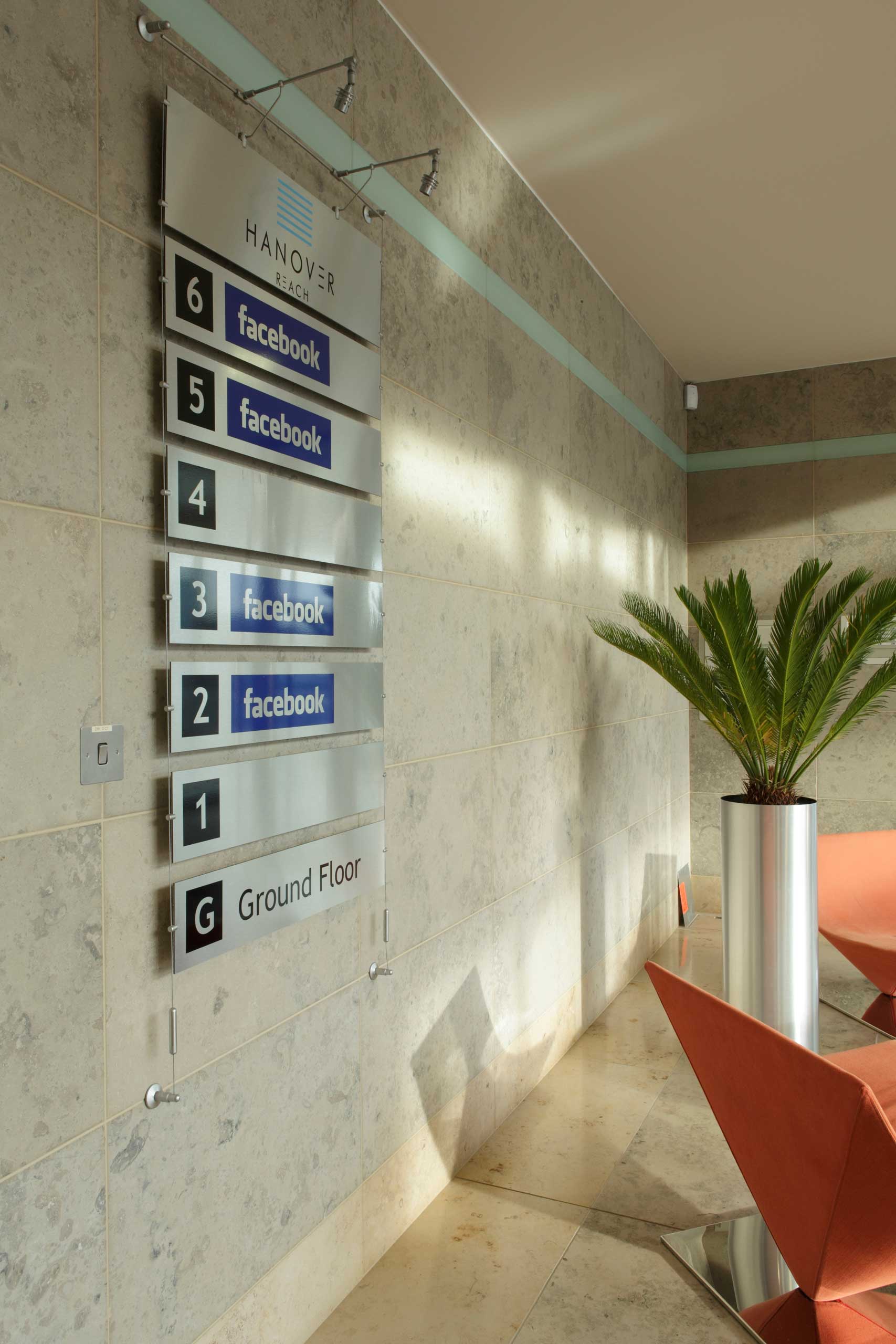

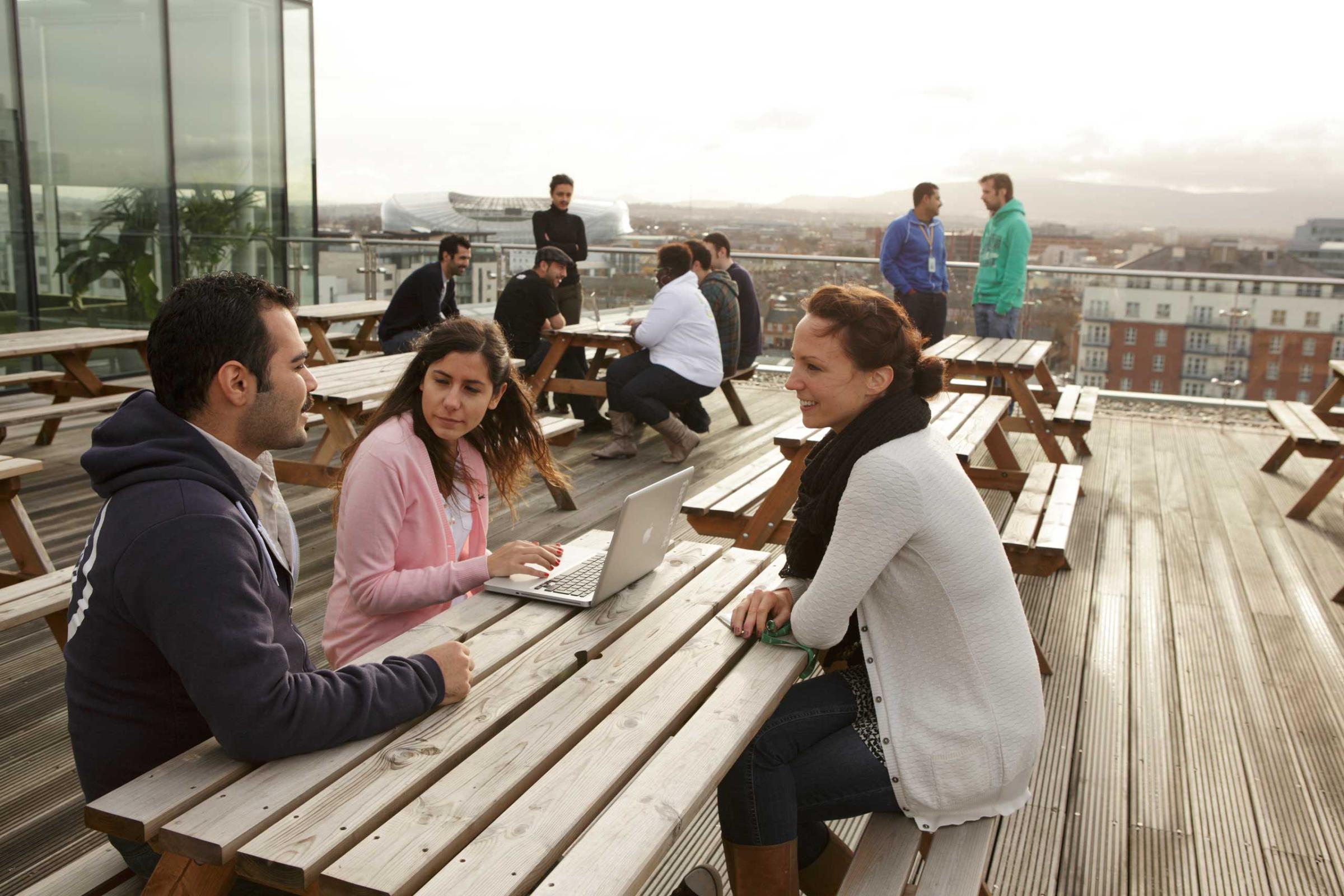
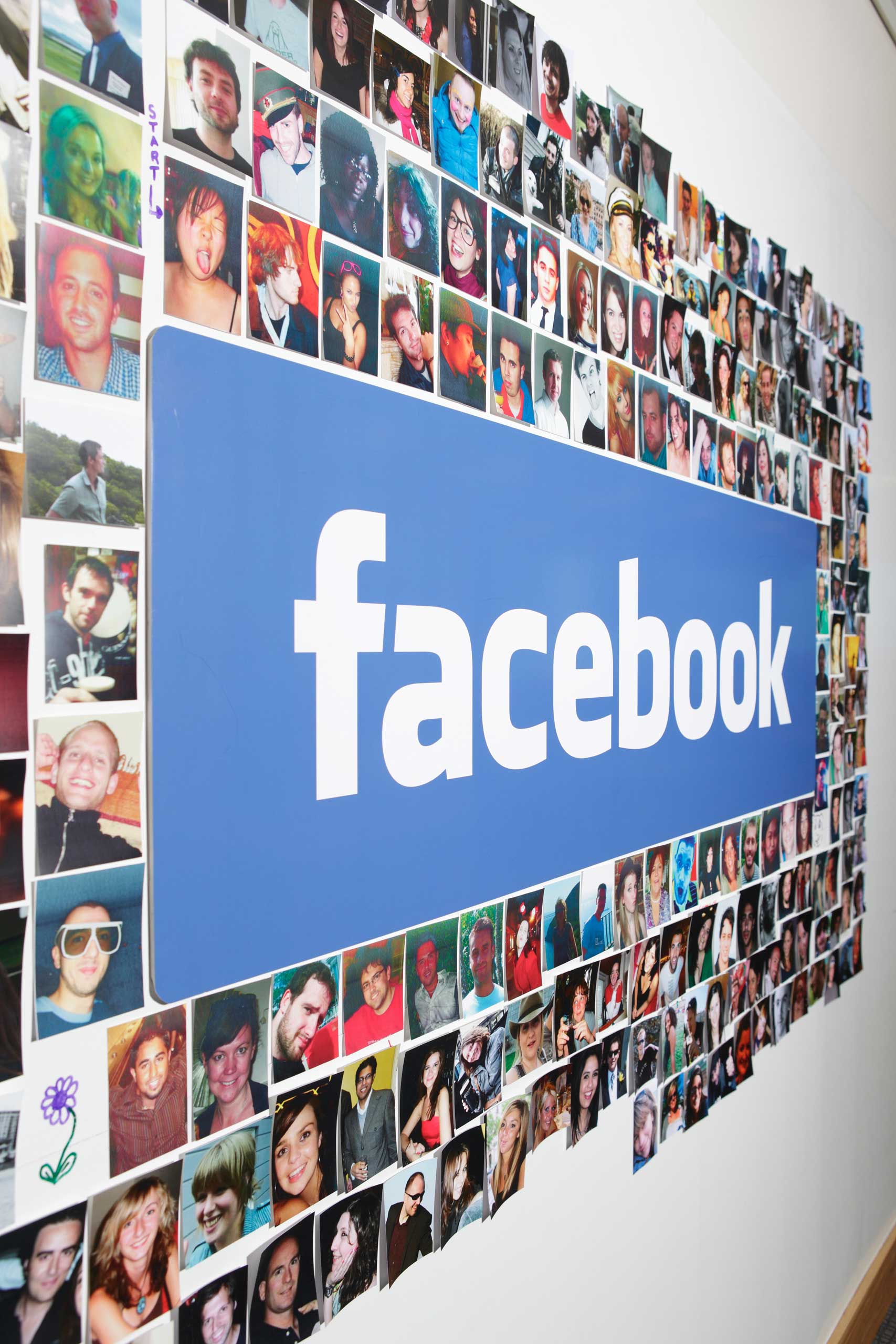
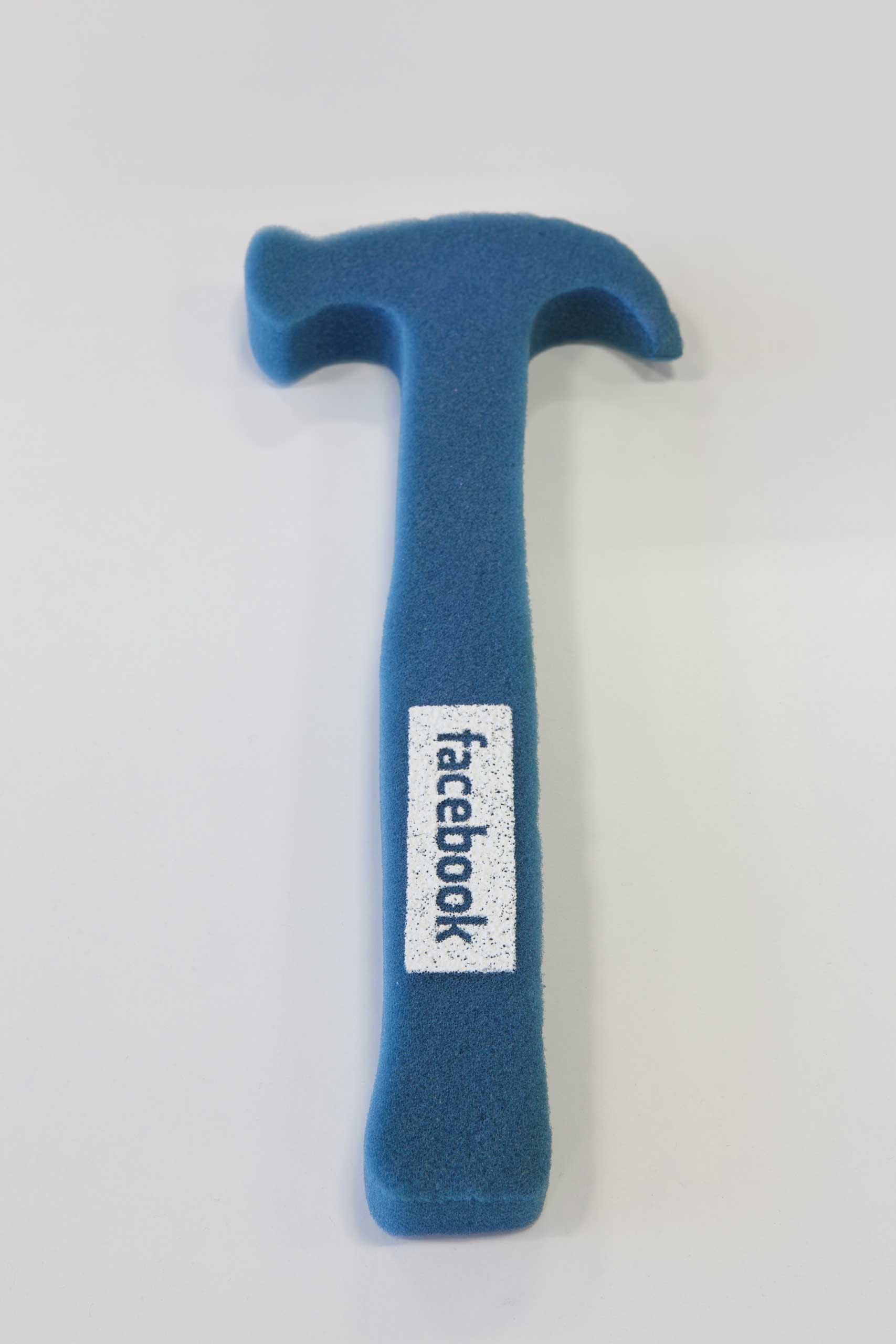
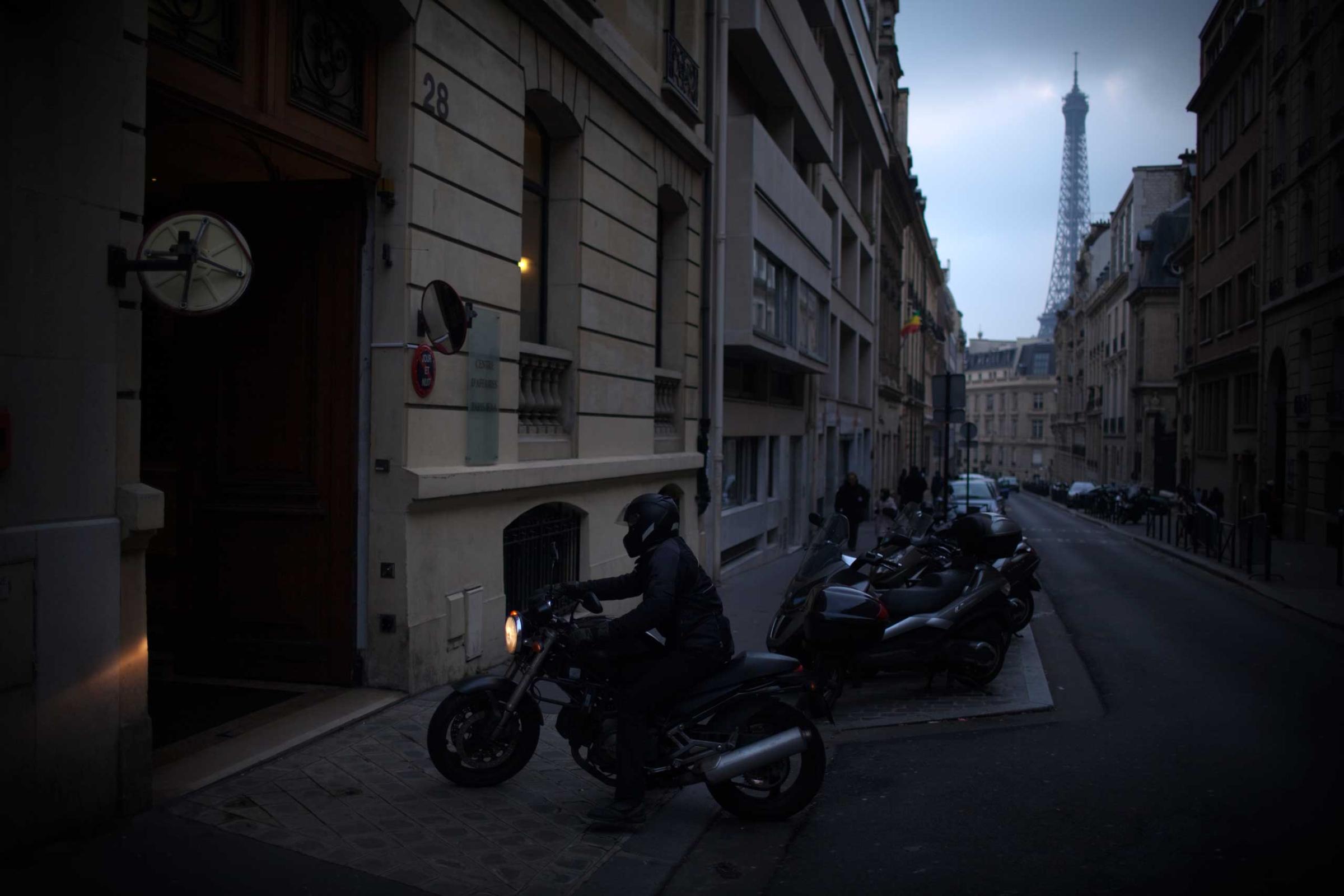
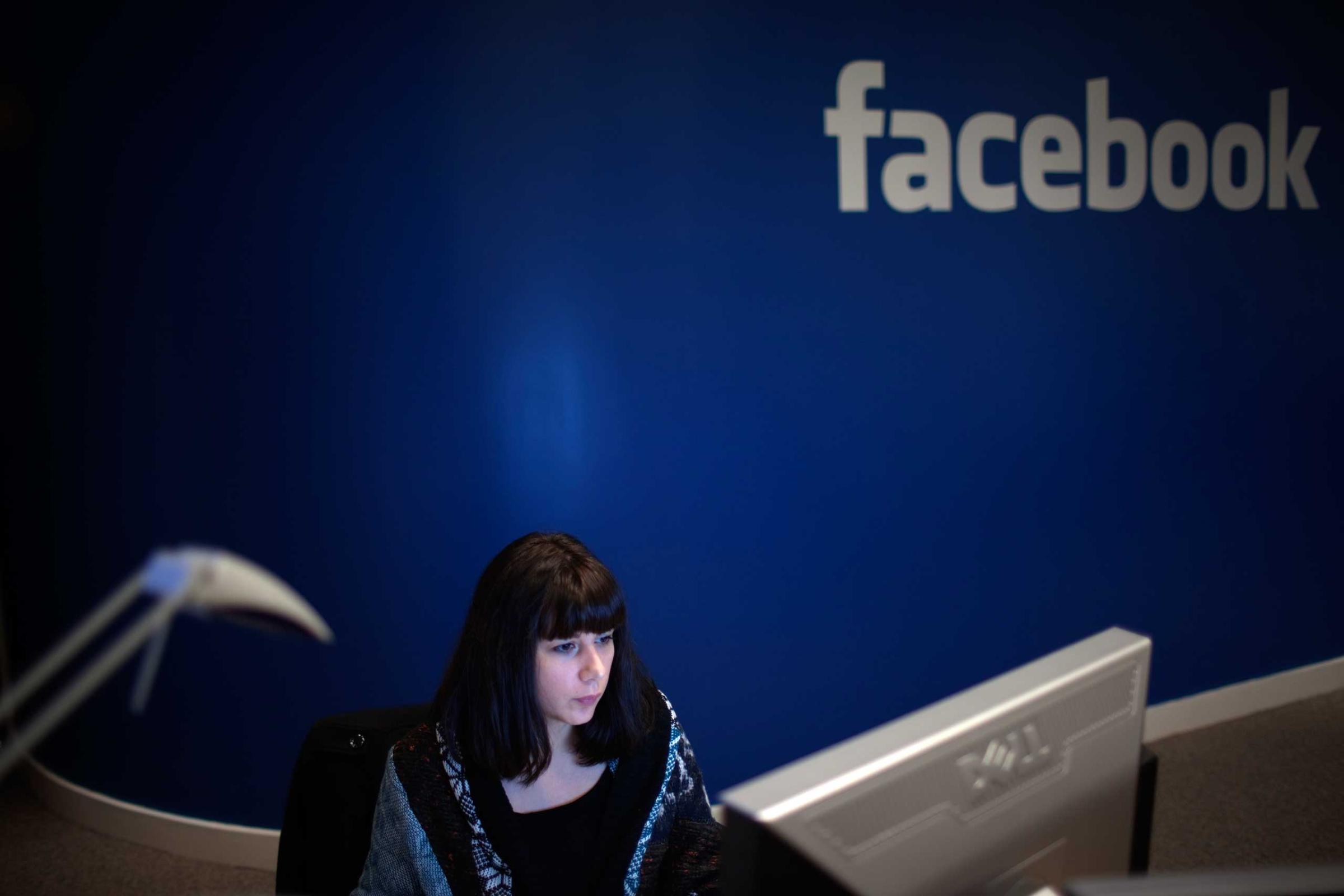
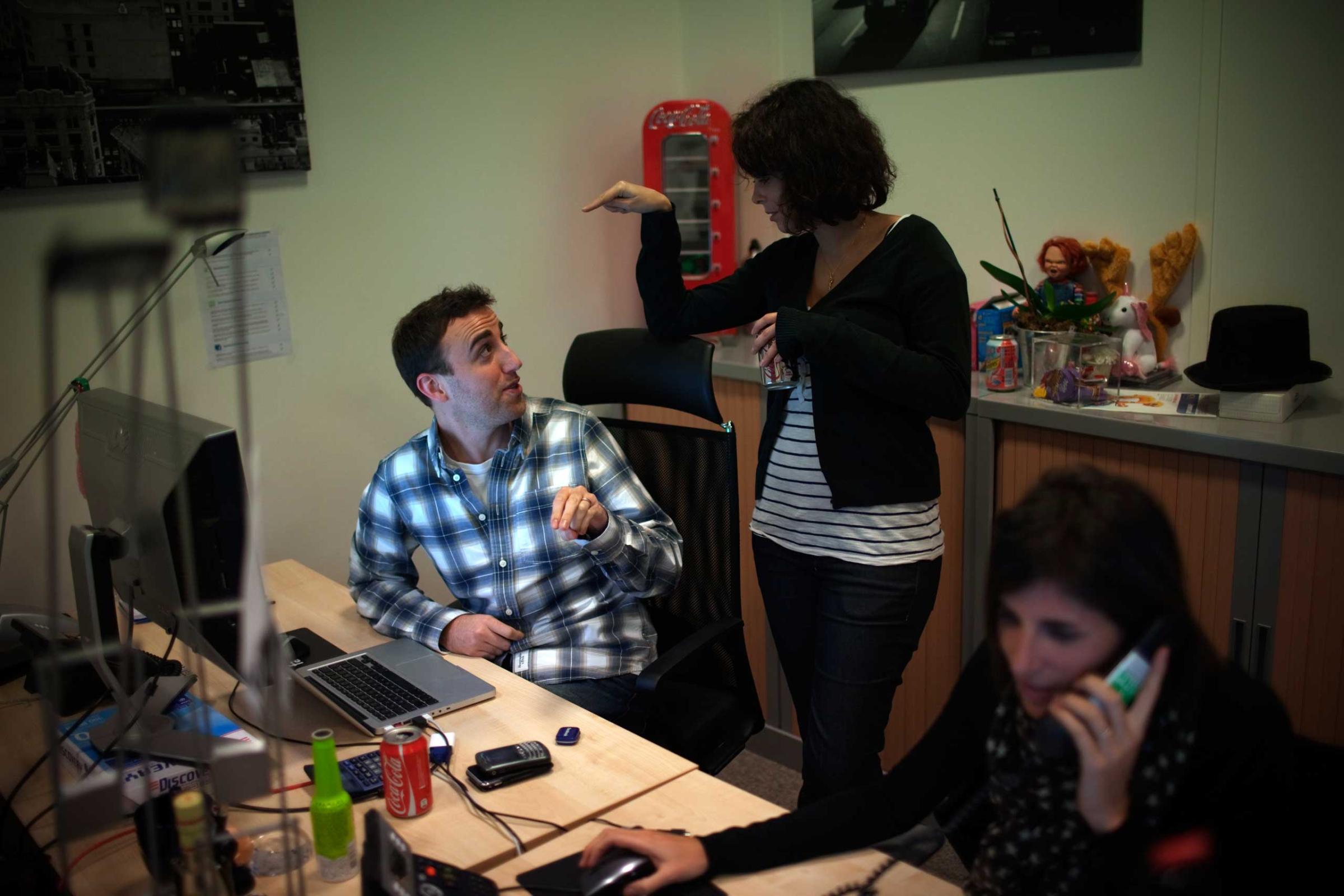
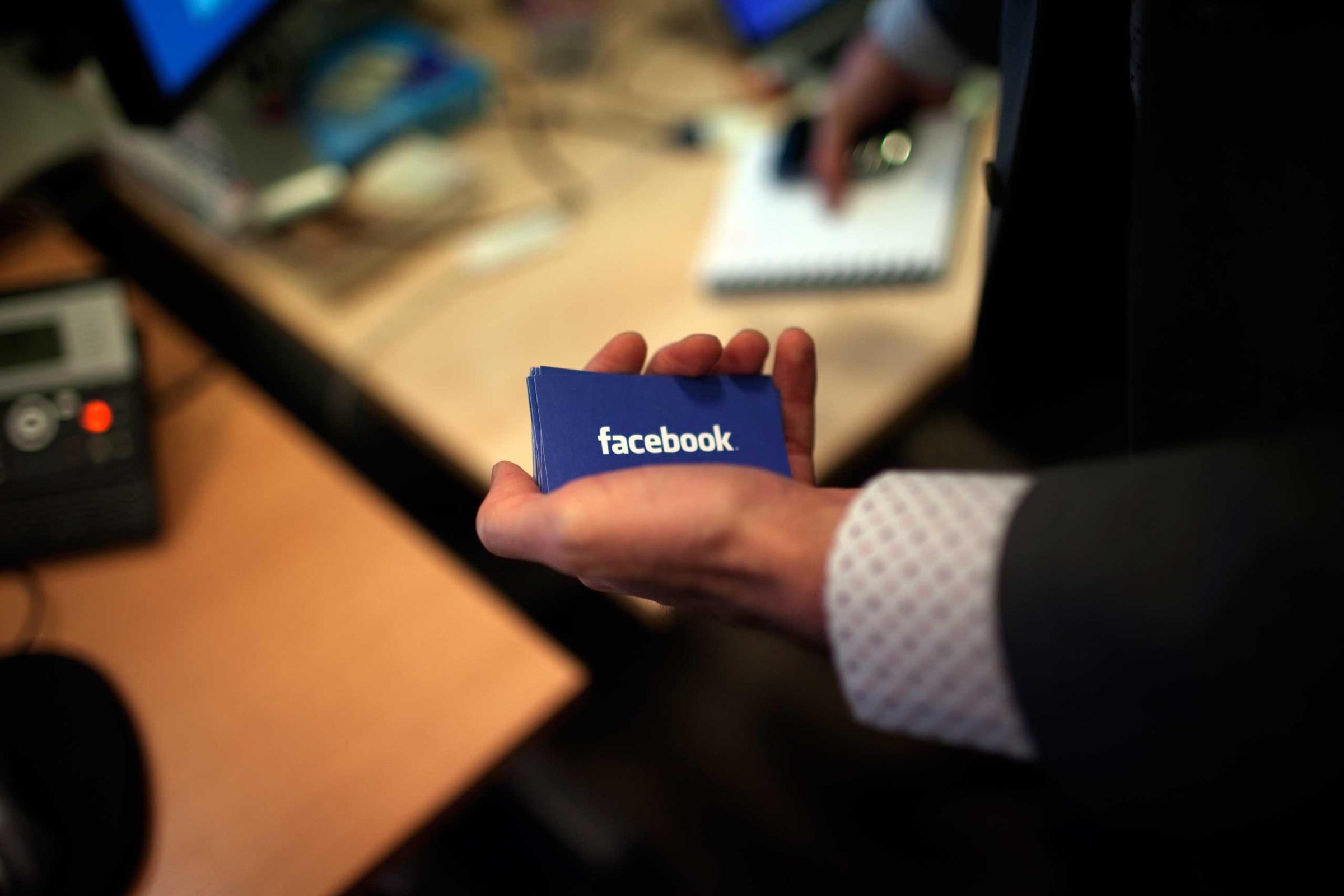
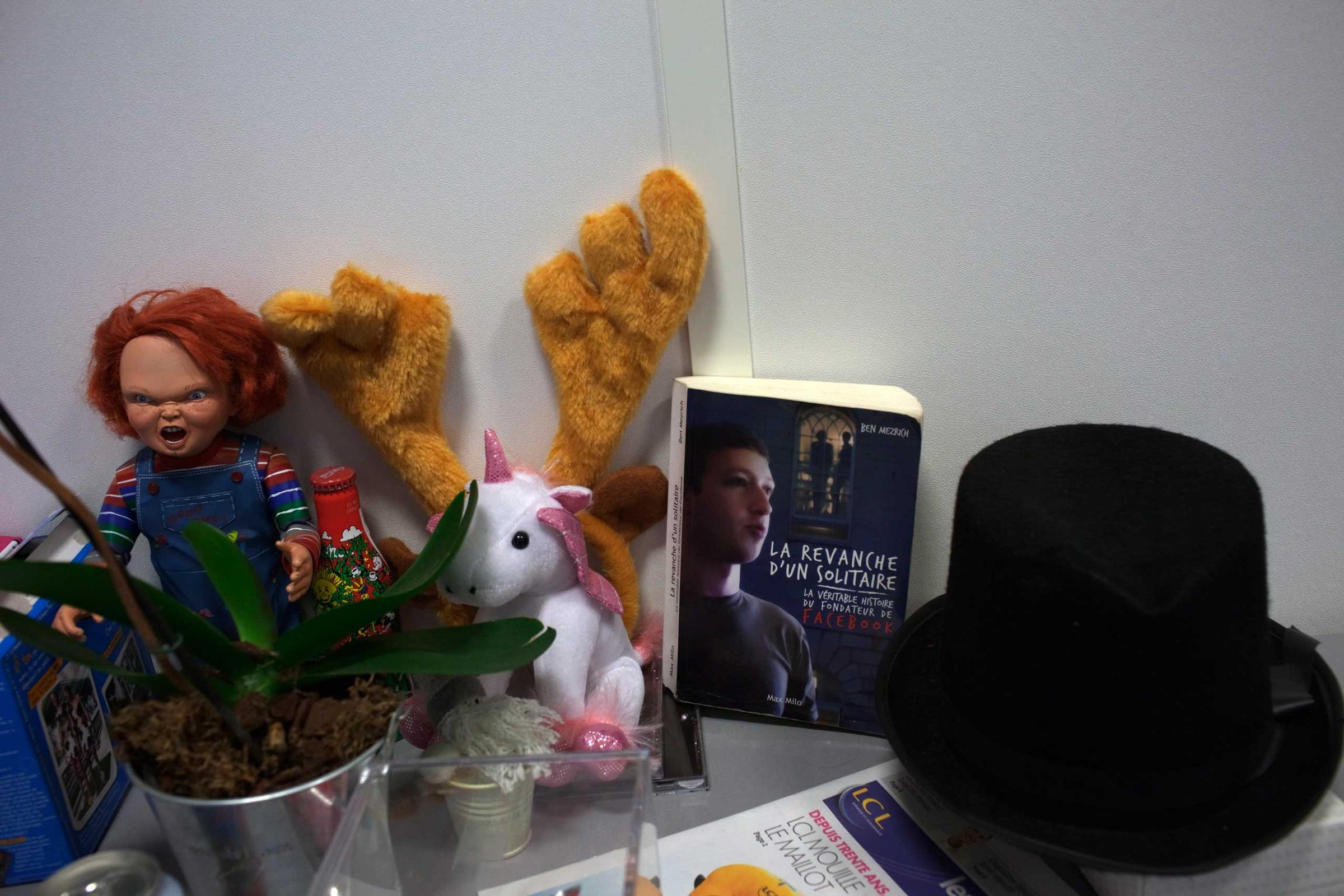
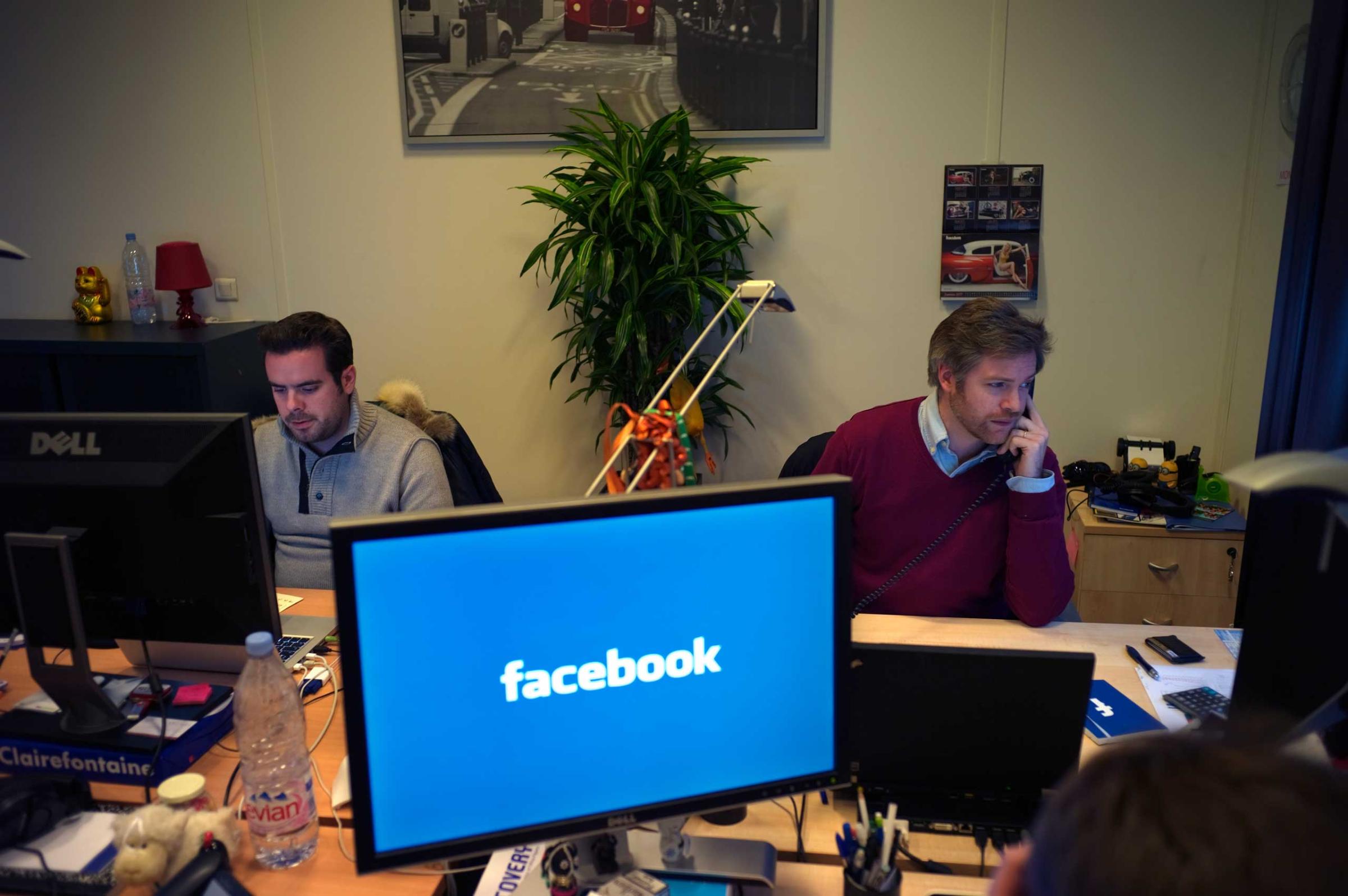
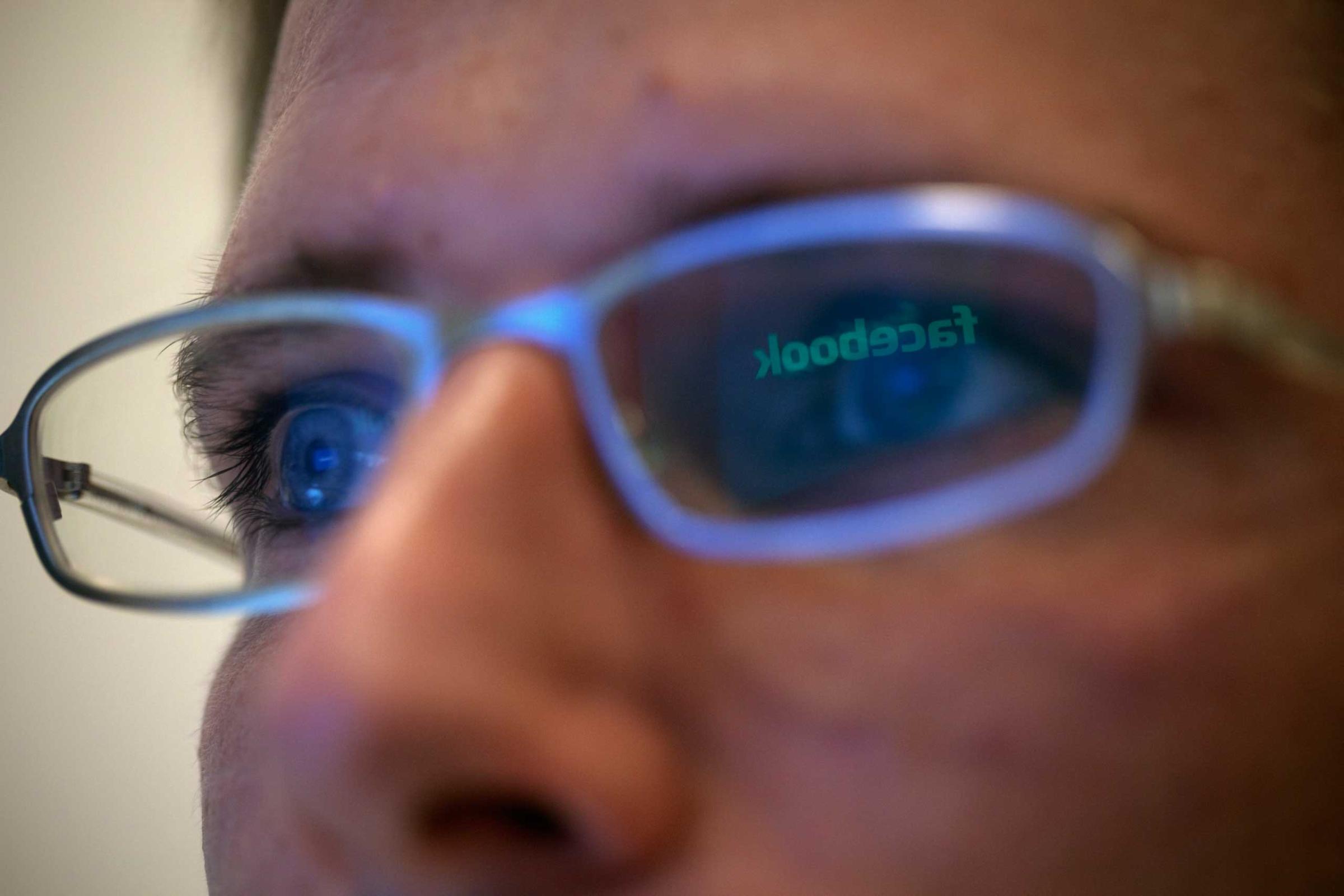
Social VR
While the recently launched Oculus Rift is primarily a gaming device, Facebook’s long-term hope is that virtual reality could enable intimate social interactions over long physical distances. In a demo, a pair of executives donned Oculus headsets and used them to explore various 360-degree photos of London. With special controllers in hand, the men were also able to manipulate objects in the virtual world, including a digital selfie stick. (Yes, selfies of your virtual self will definitely be a thing.) The project is just a demo for now, but it illustrates in broad strokes Facebook’s ambitions for VR.
Rights Manager
As Facebook has expanded its video ambitions, YouTube creators have cried foul about “freebooting,” or the practice of stealing a YouTube video and posting it on Facebook without permission. Facebook finally seems prepared to take the issue seriously now that media companies and celebrities are embracing Facebook Live, the company’s new broadcasting tool. Facebook is rolling out a new rights management system that will let creators upload reference videos so that duplicates are automatically flagged and, hopefully, removed much faster.
Higher-Quality Live Videos
Live video has quickly become an obsession for Zuckerberg, who sees a chance to capture the kind of spontaneous, off-the-cuff video that has grown popular on Snapchat. To that end, the company is opening up its Live broadcasting feature so that people can live stream from all sorts of devices, not just smartphones. During his speech, Zuckerberg demonstrated the move by having a drone take off and shoot live footage of the F8 audience.
More Must-Reads from TIME
- L.A. Fires Show Reality of 1.5°C of Warming
- Home Losses From L.A. Fires Hasten ‘An Uninsurable Future’
- The Women Refusing to Participate in Trump’s Economy
- Bad Bunny On Heartbreak and New Album
- How to Dress Warmly for Cold Weather
- We’re Lucky to Have Been Alive in the Age of David Lynch
- The Motivational Trick That Makes You Exercise Harder
- Column: No One Won The War in Gaza
Contact us at letters@time.com